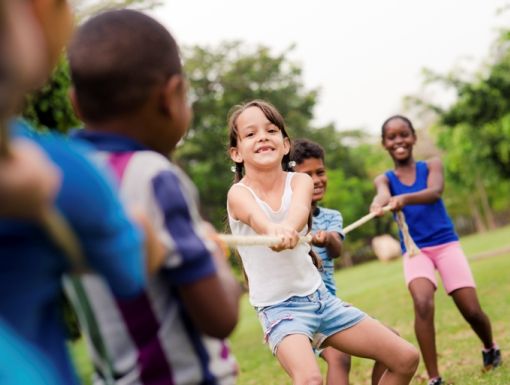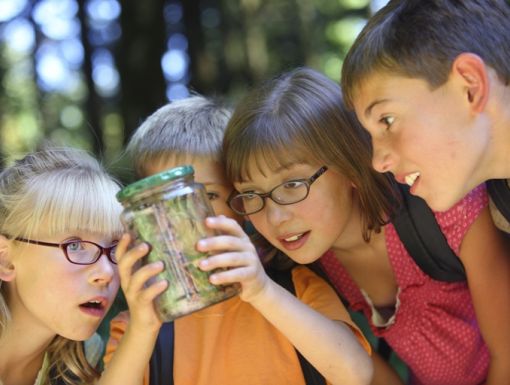
7 Safety Tips for Campers
Camping is a great way to create new memories and experiences that last a lifetime with friends and family. However, it’s important to take certain precautions to make sure your camping experience remains enjoyable.
1. Prepare for the Unexpected
- Before you leave, research the park environment and talk to park staff for camping advice. It’s important to consider your age, physical limitations and medical needs to determine which campground site is perfect you.
- Check the weather before you leave and pack for inclement weather. There can be no rain in the forecast, but Mother Nature can have other plans for your trip.
- Pack a first-aid kit and a supply kit, which includes a GPS, flashlight, food, water, blankets, clothes and medications. If you have allergies, make sure to pack your EpiPen or other medications.
- Check with your doctor to see if you have all your recommended vaccines.
- Also, let your family and friends know your plans and location.
2. Practice Campfire Safety
A camping trip is not complete without making s’mores next to a fire. However, you should take certain precautions when using a firepit. Your fire should be at least 15 feet away from tents and trees. Also, you should keep a water bucket nearby in case you have to put out a fire and never leave a fire unattended.
3. Protect Your Skin from Bugs and the Sun
Bug bites can be a pest! So, don’t forget to pack your bug spray. Your insect repellent should contain DEET, which is the best active ingredient to protect you against insect bites. You should also wear long sleeves, pants and light-colored clothing to prevent tick bites. If you see a tick, remove it immediately from your skin.
Sun protection is important all year around. If the weather is cloudy on your camping trip, don’t be fooled! UVA and UVB rays can still penetrate your skin. It’s important to wear a broad-spectrum sunscreen with at least SPF 15. Moreover, wear sunglasses, a hat and long sleeves to protect your skin.
4. Be Cautious of Wildlife and Protect your Pets
Avoid attracting wildlife to your campground by keeping your site clean. Store your food in your car in a food storage locker.
Some wild animals carry diseases. Do not touch or feed any wildlife! If you encounter a wild animal, make sure to wash and sanitize your hands.
Also, check for ticks on your pets daily and make sure your pets are vaccinated before the trip.
5. Food and Water Safety
Pack your food in tight, waterproof bags or containers, and leave in an insulated cooler. Make sure your food stays chilled. To avoid getting sick, separate your raw and cooked meals as well as wash your hands. If water is not available, use hand sanitizer.
Stay hydrated in the hot sun! Keep a water bottle with you constantly and drink water even when you are not thirsty. Aim to drink eight 8-oz. bottles of water a day to avoid dehydration.
6. Practice Water Safety
- There can be nasty bacteria lurking in warm bodies of water. If you plan to go swimming, take a shower before and after swimming, and never swim alone.
- Read all signage for boating, swimming and kayaking. If you are in a water vehicle, everyone should wear a life jacket.
- If your kids are participating in water activities, make sure they stay close to the shore and wear a life jacket as well.
7. Remember to have fun
Don’t forget to plan fun activities with your family and friends. Also, keep everyone’s physical limitations in mind.



